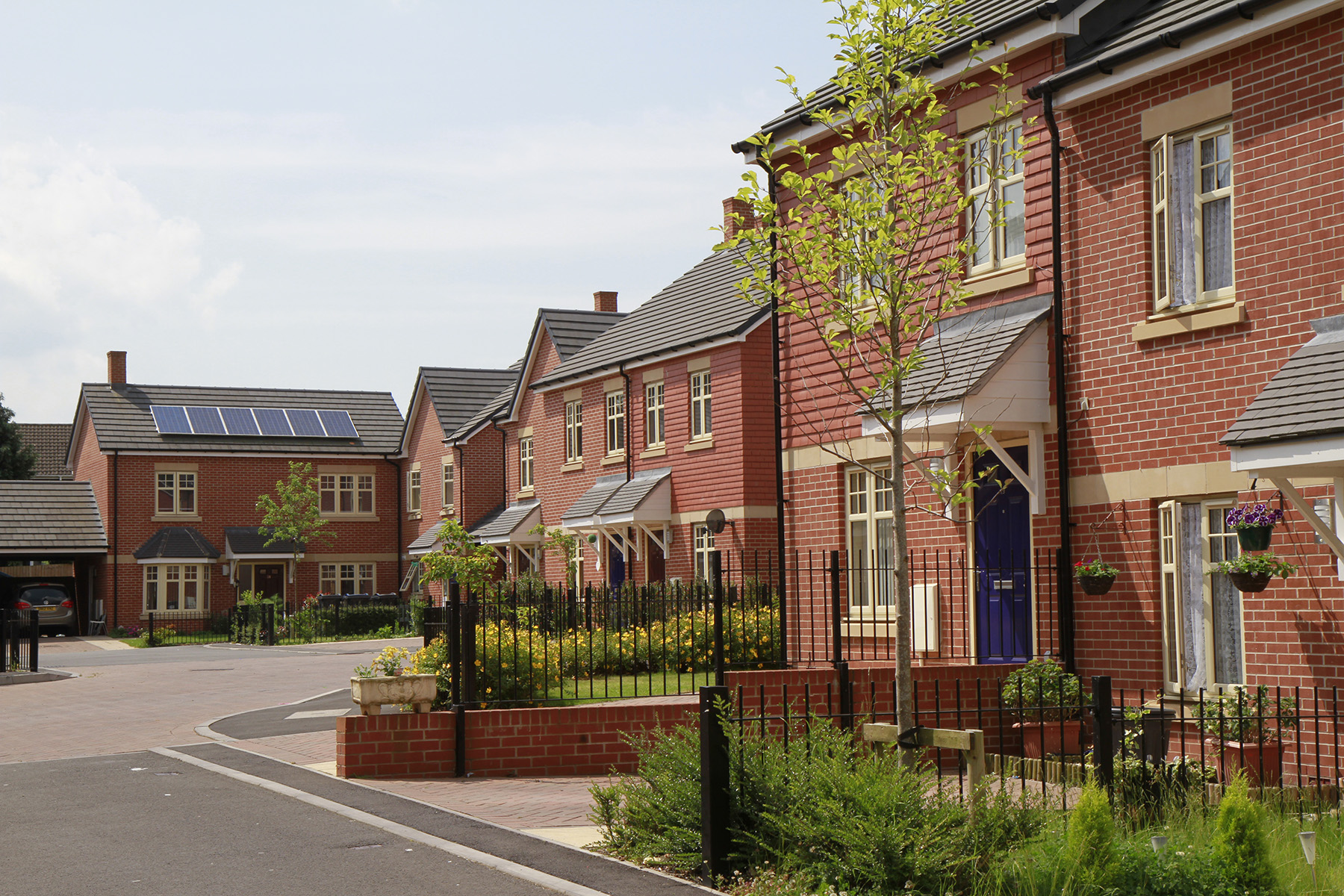
A new study, Local authority direct provision of housing, has found that 91% of local authorities in England — of all political leaning and size — are engaged in providing homes in some form or another.
The study, conducted by Professor Janice Morphet and Dr Ben Clifford of the Bartlett School of Planning at University College London, found that councils are actively exploring methods of housing delivery outside the usual Housing Revenue Account (HRA) route, largely due to frustration with the borrowing cap. According to the report, the strongest motivating factors for local authorities to engage in housing provision are: to meet housing requirements, to tackle homelessness, and to generate income. With the revenue support grant being phased out by 2020, the role of housing provision for councils’ income generation is likely to increase.
Professor Janice Morphet commented: “Public sector housebuilding today has evolved into a more dynamic and diversified activity. Austerity, market forces and the political landscape have prompted councils to return to housing provision with a wider remit. Affordable and social housing remains at the core, but many other tenure types and activities are going on to serve different local needs.”

Many councils are embarking on major plans for delivering hundreds of new homes — from new mixed-tenure developments to stock renewal such as redeveloping garages and installing extra floors — through a mix of traditional social housing programmes (managed under HRA) and other funding and delivery routes. These include setting up housing companies, purchasing on the open market, creating land banks and land funds as long-term investors, partnership developments including joint ventures with the private sector, and councils’ in-house teams acting as a developer.
Housing companies are emerging as a popular vehicle to deliver more units or generate income from property portfolios to fund other essential services. Around 44% of councils have a housing company, with more than 30 being established in 2017 alone. Local authorities with housing companies are among those which have delivered the most homes, 38% of which are affordable and social units.
Stephen Wilkinson, RTPI President, added: “Having local authorities back as key players in the housing market is vital to tackling the housing crisis. The Chancellor’s move to lift the HRA cap will have some positive impact, but this needs to be rolled out more widely and quickly. We also need more drastic measures to help councils access land at the right price to develop themselves or sell to earn the income they need.”
The most important factors given for not engaging with housing delivery were a lack of funding, a lack of land, and a lack of expertise. As a result, the core recommendations of the study stated that central government should: remove the debt cap on the HRA for all local authorities; clarify the status and value of housing companies in providing housing and promoting best practices in how to set them up; improve the effectiveness of the One Public Estate in giving councils access to public land; and to review the relative weightings in the distribution of the £44bn housing subsidy to give more priority to affordable and social housing.

Delivery in practice: Birmingham City Council
With the increasing pressure of population growth and a fall in new home completions in the city from housing associations and the private sector, Birmingham City Council was seeking a solution to increase housing delivery in the city. The answer they came up with was the creation of the Birmingham Municipal Housing Trust, made possible by the changes to the HRA subsidy regulations in 2009.
BMHT provides a range of tenures, including social and affordable rent, and direct sale. They made the decision to provide homes for direct sale in order to offer opportunities for first-time buyers, to create mixed-tenure developments, and to cross-subsidise social and affordable homes. Since 2009, over 1,000 new homes for rent have been completed, all on council-owned land. One particular property style that the council focused on was the Birmingham Dormer Bungalow — designed to encourage older people to downsize and free up larger homes for families.
Birmingham Municipal Housing Trust is now the biggest single provider of new homes in Birmingham. This has brought many benefits to the council and the city; generating £2.8m in additional council tax, creating over 300 training and apprenticeship places, and bringing investment of £2.12bn into the local economy.








